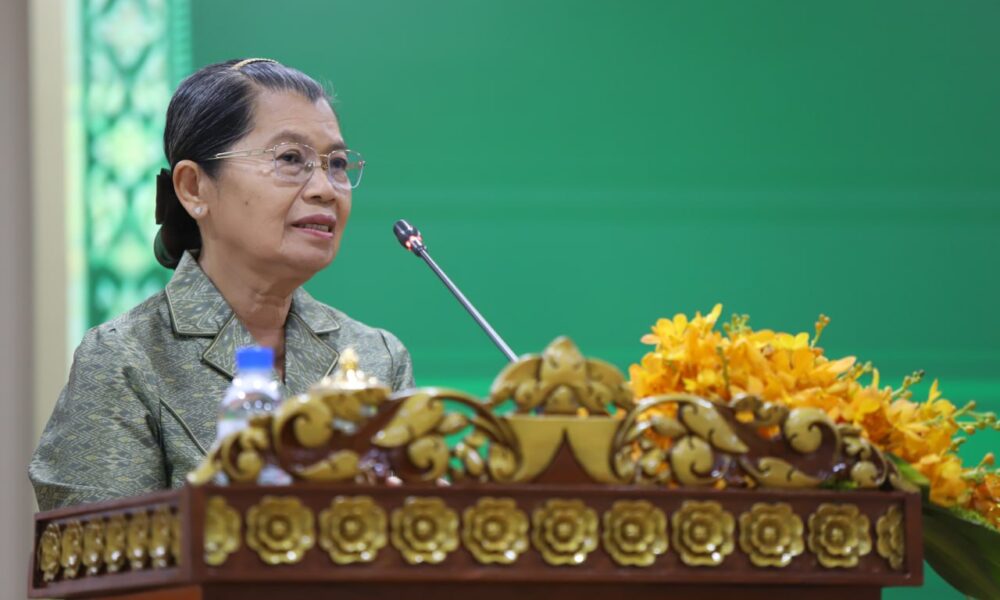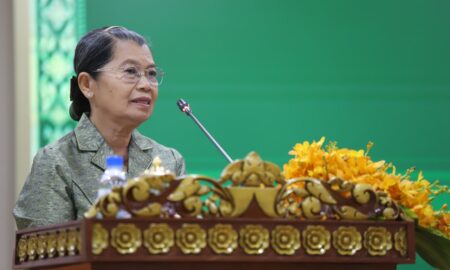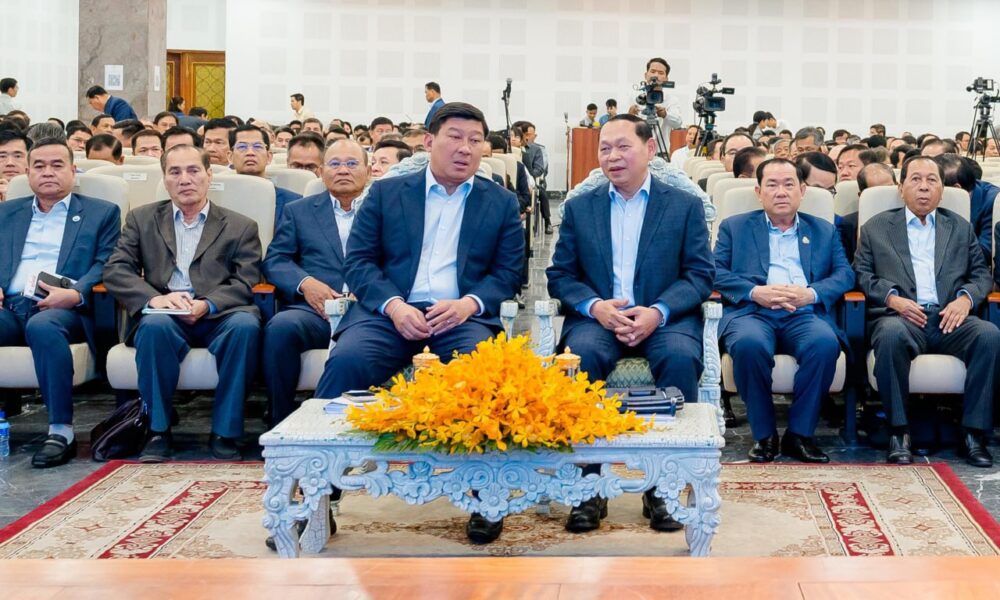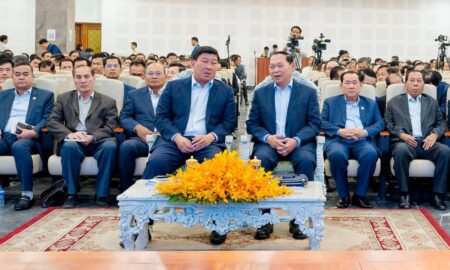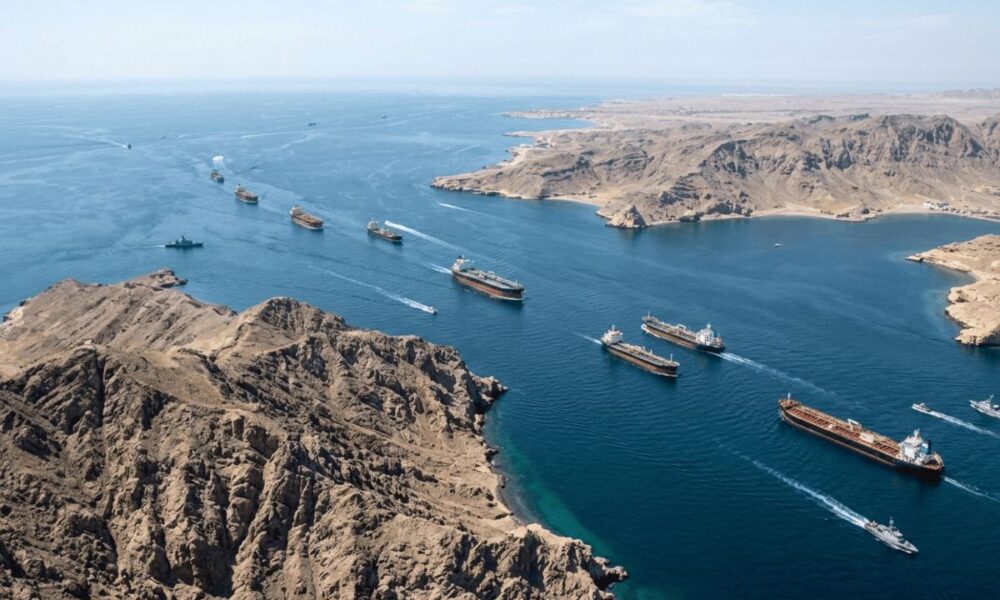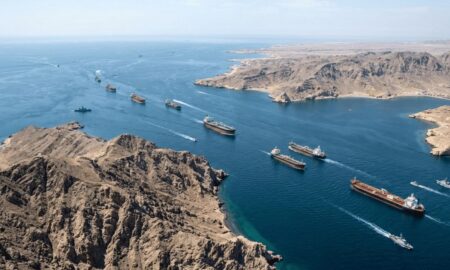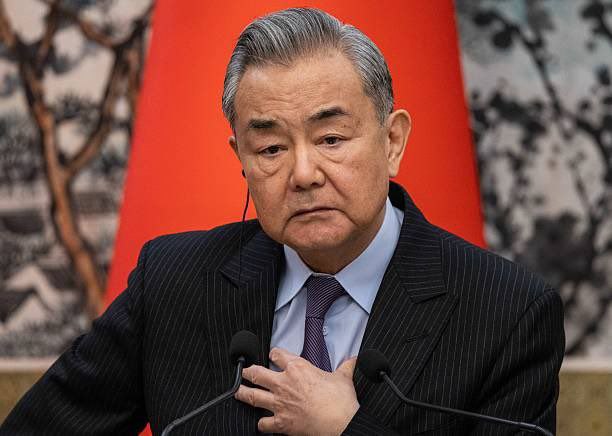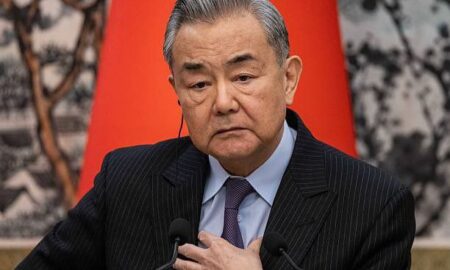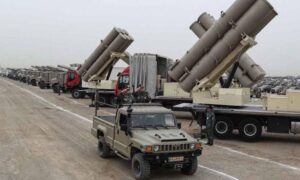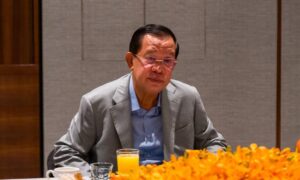The hereditary dictatorial regime of Bashar al-Assad in Syria collapsed so quickly and dramatically in December 2024. The Syria’s opposition forces took Damascus with little resistance from the seemingly solid regime while Assad and the ruling elites abruptly fled the country giving up all the power and possessions. It was not a total surprise as we had already witnessed sudden collapse of dictatorships during the Arab Spring in 2011.
Under a system of oppression and fear, where public opinion is distorted and corruption runs rampant, dictatorial regimes inevitably fall-often unexpectedly. What truly surprised is was the revelation of the unthinkable degree of the human rights violation committed by the Assad regime including the existence of secret regime prisons and mass graves.
Not only the Assad regime but also the Kim regime in North Korea are the world’s worst human rights offenders. The two regimes share remarkable similarities in terms of hereditary power structure, core constituency consisting of only a tiny minority of the overall population, regime ideologies that blend socialism with ethnic nationalism, the possession of weapons of mass destruction(WMD), and important allies of Russia, China, and Iran which have shielded their human rights records from international scrutiny. Syria’s father dictator and North Korea’s grandfather dictator were also very close actively supporting each other in purging their people and .consolidating their brutal power.
But the Kim regime is a more effective, constant violator of human rights than Assad regime. The former seeks total mass subjugation in a systematic way whereas the latter focuses elite protection through a range of loose institutions under the scattered chains of command. Given the UN Commission of Inquiry Reports, the regime of North Korea commits all ten counts of the Rome Statue’s crimes agains humanity including extermination and enslavement, but the Syrian regime is charged on six counts.
Nonetheless, an ironic disparity exists as the international community pays less attention to human rights violation in North Korea than in Syria. This may be due to North Korea’s extreme isolation and strict control over information about its domestic human rights situation. Additionally, the issue of human rights in North Korea is often overshadowed by concerns about nuclear proliferation. The international community must increase pressure on the Kim regime responsible for crimes against the North Korean people’s humanity.
Ji-Hyang JANG (The Asan Institute for Policy Studies)



